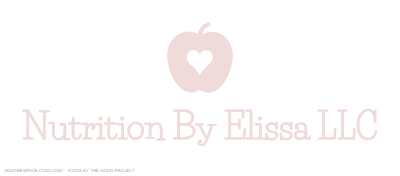"Quality over quantity" is the sage expression we probably learned at a young age, but never really understood until we got older. It applies to many facets of our lives, from picking a few close friends to minimizing our possessions to several meaningful items. The phrase reverberates in diet culture and health settings now too: diet quality is a better predictor of good health than quantity. But what does that really mean?
The principles of non-diet frameworks are synchronous with the idea that diet quality is more important than quantity. Intuitive Eating (IE) is a framework that emphasizes freedom to eat, tuning in and honoring your hunger and fullness. Perhaps the most relevant principle is gentle nutrition, where healthful eating is about overall consumption patterns as opposed to meticulous counting. Health At Every Size (HAES) is also a non diet approach that incorporates IE into its core principles. Eating should be satisfying and something to look forward to.
Many people may wonder what the evidence for these frameworks are. Can we really improve physical and mental health with non-diet approaches? In one study of Canadian women, participants were split into an experimental group and a control group. The 216 women in the experimental group received HAES and IE training whereas the 110 women in the control group did not. Researchers collected measurements on levels of IE adherence and diet quality. Women in the HAES group had increased IE scores and improvement in diet quality compared to the control group. One year after the study, these improvements remained. The researchers concluded that the study showed promise for HAES in improving both IE and diet quality.
A literature review of different types of study designs showed promise as well. Clinical studies demonstrated that participants who practiced IE improved psychological health, and showed signs of improved physical health indicators. Cross-sectional studies corroborated the findings of clinical setting, where IE was positively associated with psychological health indicators, and improved dietary intake.
In conclusion, HAES and IE are not only good for physical health, but also psychological well-being. By embracing food and eating, we can create a more positive relationship between our bodies and health. If you’re interested in improving your relationship with food and diet quality, contact a local registered dietitian nutritionist who is well-versed in the IE and HAES approaches.
